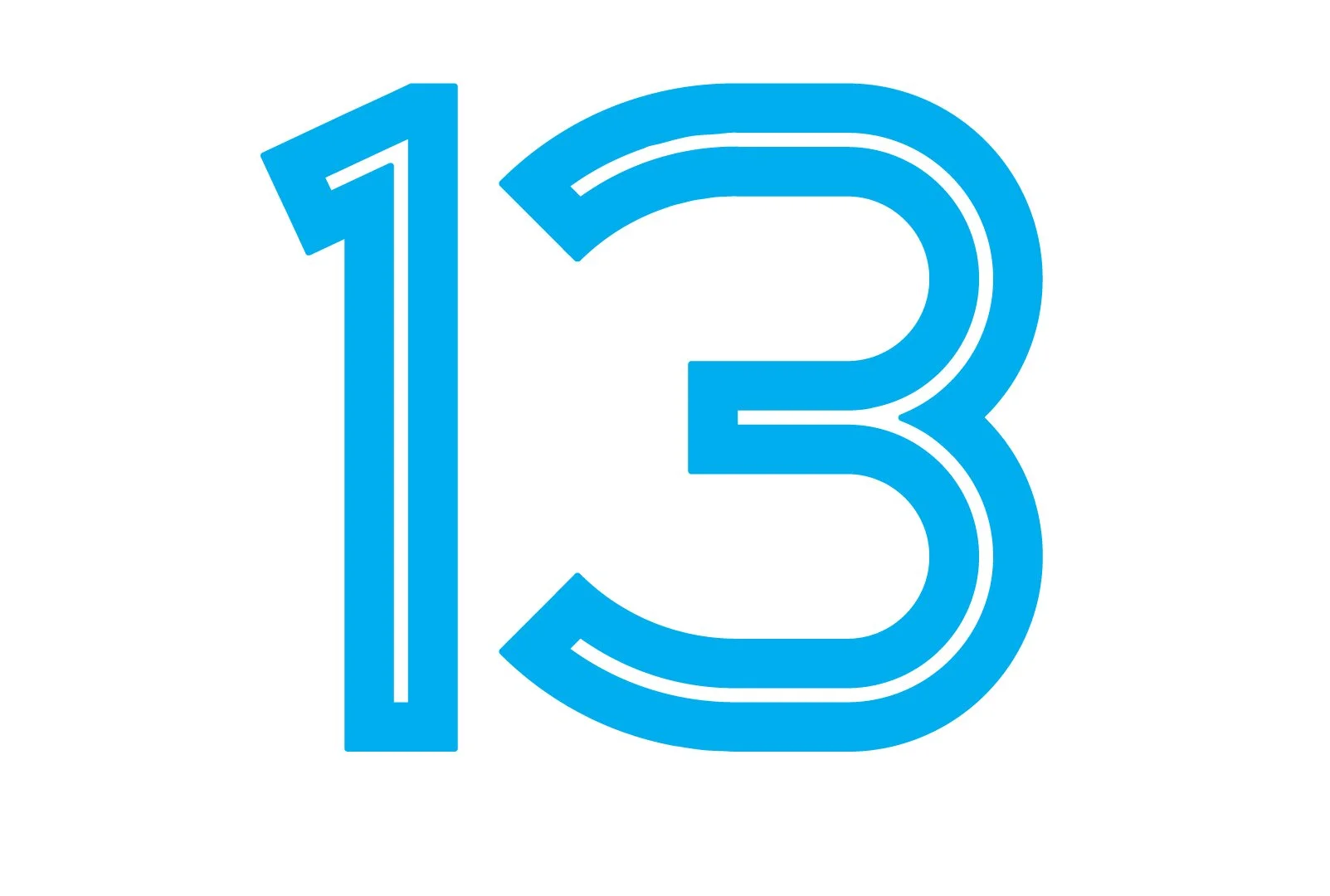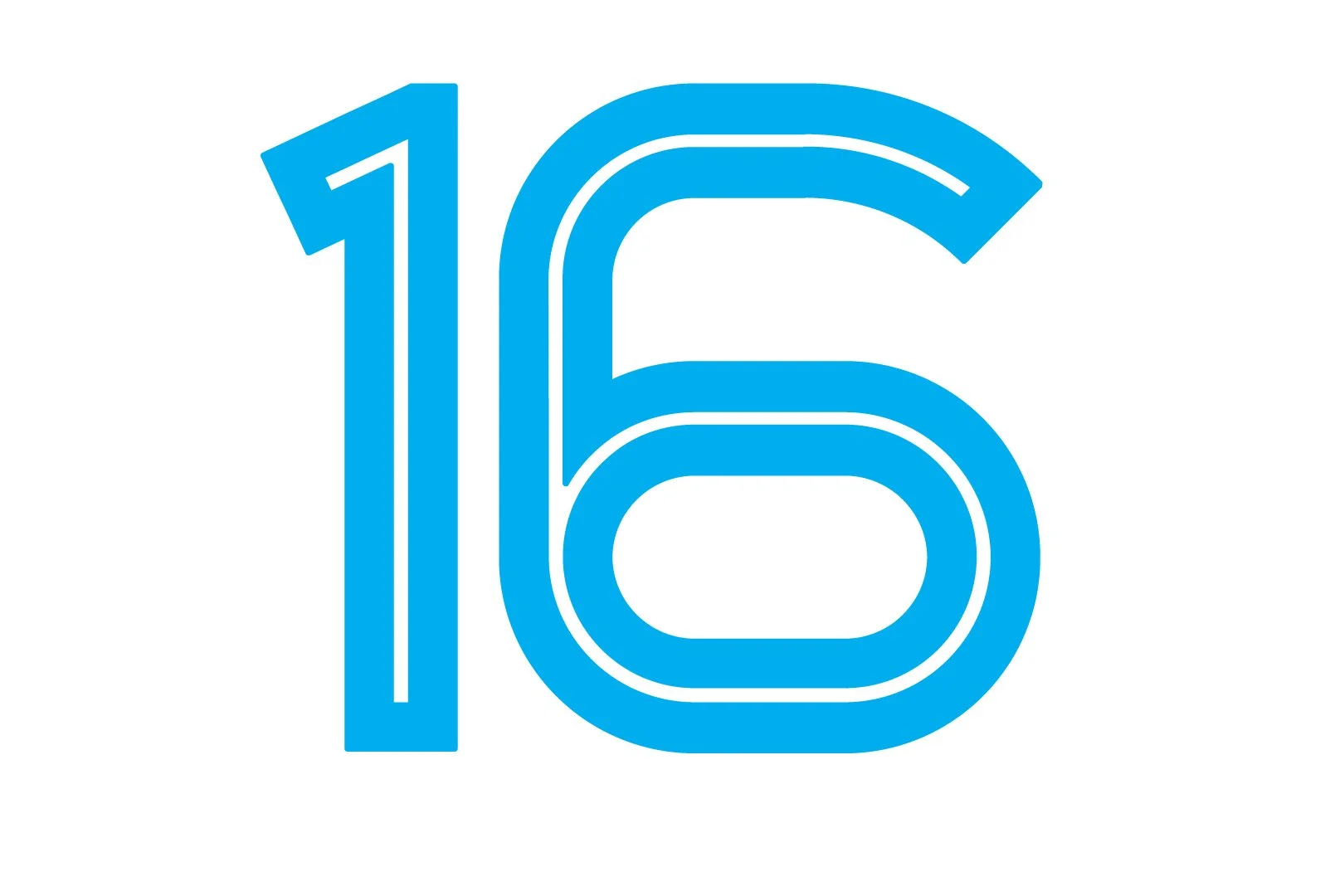20 Keys to Successful Event Planning
It is a privilege to share our experiences with the RCMA community. We've been event planners for a long time, but we still don't know everything there is to know about planning. Many of these 20 Keys are simple things we've found that we need to keep doing to be effective.
–Segi Desta and Henry Lancaster, Sr.
Visit Event Venues Before Booking Them
Booking venues without visiting them has become more common with virtual visits. We can't stress enough the importance of an onsite visit before selecting a venue. These visits are vital to avoiding embarrassment, extra costs, and other surprises that significantly impact your event. Site visits help establish relationships and help you get a feel for how communication will work with venue and hospitality partners, which may be the essential element to your success. If your event is large and time is limited, bring multiple people you trust on the visit, and make a punch list for each personas they visit different venues and hotels you are considering. Site visits are also an excellent opportunity to connect with CVBs, and invite them into the process. Remember, always visit a venue before booking it.
Track Event History Carefully
Tracking history is an essential component of our job as planners. It is a key to improving any conference. We track the history of every expenditure and source of revenue, including food and beverage and transportation. We also track hotel nights and room types across all event days. For larger events, I work with hotels to track spending in the outlets, giving me more information about what individual registrants spend on rooms and meals.
Assembling an event's careful cost and attendance history becomes an important report card for your organization. The more data you gather, the better prepared you are to forecast for the next event. This data plays an important role when negotiating your next contract or sharing an RFP, as you have a clearer picture of the economic impact your event brings to a destination. You know better what kind of rate package you must look for and what food and beverage volume you can safely agree to.
Apply Learning from Mistakes
Make it a priority to solicit feedback from your registrants, event team, volunteers, and suppliers. Ask, "What can we do better?" and "How?" A clear event history will also surface errors and missteps by you and the venues in which you partner. The key to turning mistakes into improvements is not to get stuck on the errors and missteps but to move toward how you can change for the better. Often this is a sticking point in evaluating an event–we focus on the problem instead of potential solutions. We all make mistakes, and so do those we work with. Be gracious with yourself and others while working toward correcting issues and improving your event.
Invest in Training Volunteers
Events require lots of hands, and volunteers can provide essential support. Sometimes in planning and executing events, volunteers are brought in but not given proper training or attention. Volunteers have great value in building ownership for an event and cost savings. That value diminishes, and frustration rises if volunteers are put in situations without the proper direction and knowledge to serve. Often, volunteers are the first people that your registrants encounter. Time, resources, and tools should be invested to ensure volunteers are well-equipped with all they need to represent you, your organization, and your event well.
Nurture Relationships with Suppliers
Your suppliers become an extension of your office. Whether they’re part of convention services, hotel staff, AV, F&B, or the CVB, invest in nurturing those relationships. Treat them as part of your team. Establishing trusting relationships will benefit you for years, especially if you encounter a crisis with your event. Relationships become vital when you need help mitigating loss, cancellations, and navigating shortfalls in meeting your contract. Beyond the professional benefits, if you talk to any longtime planners, they will tell you that caring relationships with colleagues and hospitality partners are the most cherished part of their work. We do this excellent work with and for people, and relationships are one of the great benefits.
Partner with CVBs
There are a lot of opportunities that are afforded to you by Convention and Visitors Bureaus. We prefer to meet with a CVB before meeting with hotels and venues. CVBs have established relationships in the community and are designed to help you locate all of the assistance and resources available for events. Sometimes CVBs also have special pricing and incentives available only to them. Look at CVBs as key partners who will work hard to maximize your value and want to help you bring your event to its destination.
Build a Spending Contingency
A clear sense of your budget allows you to make the best spending decisions. Be honest about the limitations you have in spending. Overpromising does not gain you positive leverage. Be transparent. Include a contingency amount in your budget for overages and the unexpected. Costs and numbers fluctuate, and you don't want to plan to spend 100% of your budget, or you will likely end up over budget.
Clarify Who Makes Decisions
Be clear well before an event starts. WHO has the authority to make changes and authorize spending for your event. Identify the onsite decision makers, and communicate who those people are in your pre-con meeting with all partners and vendors. Also, meet with your staff and volunteers and identify the decision makers and your protocol for making requests from a venue or vendor.
If an audio-visual need arises, or if more meals are needed for lunch, make sure you have a designated person who can make this decision. If this person is not you, authorize specific people for specific roles. Please ensure these select few teammates understand their responsibilities and your budget and will communicate well with you. Not only will this save you money, but it will also avoid any confusion.
Know Who is Meeting at the Same Time and Place
Often there are meetings in the same venue you select. In 2010 we held a conference at the same time as a convention for cardiovascular surgeons. We shared an air wall with them in the ballroom. We didn't know that they were taking tests during our meetings! Our programming was a religious service with choirs and singing, which, in our tradition, don't hold back anything! So this became a conflict that may have been avoided. Even if a hotel or conference center tries to downplay potential issues, it is far better to make adjustments before an event than during.
Another form of schedule conflict is renovations. Ask for specifics about construction at venues and hotels during your event. Renovations can significantly affect noise and your attendees' experience. At a minimum, you want to prepare your guests for adjustments that may be needed because of construction.
Involve Families
Event planning is busy and can be consuming. You must seek a balance between your personal and work life. If you have a spouse and children, do your best to involve them in your events. When possible, create spaces and activities that are inclusive and family-friendly. Not only will your family benefit and grow in their appreciation for all you invest, it will also benefit your organization.
Make Decisions Based on Facts over Promises
If a venue or hotel is communicating changes based on renovations they are making, get that in writing in your contract. Salespeople are doing their best to be honest and get you excited about what they can offer. But changes happen, and you deserve clarity for everything you are stewarding. Getting the specifics in your contract helps you to keep accountability and avoid unwelcome surprises.
Get It in Writing
It doesn't matter how minor the issue is; get it documented. Documenting is not a matter of distrust; it is a matter of responsibility. Details are handed off between sales and operations, and clarity helps everyone to follow through. So much is changing in the events industry, especially staffing. The people, management, and even the ownership and brand may be different by the time your event happens. There is no recourse if you don't have your event details and needs in writing.
Anticipate AV and Labor Costs
Unforeseen audio-visual costs, union and labor fees are some of the biggest unanticipated event expenses. One reason for this is that when you negotiate contracts, you may not have complete details on your programming; therefore, you aren't sure of your needs. What may complicate this is that you may need to work with several vendors for different audio-visual aspects. Rigging may have to be done by specific companies to comply with the venue. If union labor is not required, ensure this is stipulated in your contract. If it is, be diligent in getting costs upfront.
Set Intentional Goals to Measure Success
In the initial planning phase of your event, make a list of measurable items, and set goals according to each item. In addition to attendance and budgetary goals, include goals based on attendee satisfaction. This information can be surfaced through a post-event survey. Consider what elements need to happen to consider this event a "success." Your measurable goals are a key to continual improvement in your event. They also help you communicate more clearly with your board and leadership, giving you a platform to share progress and work together to invest in improvements.
Communicate Clearly and Frequently
Event planning is a communications job. You connect essential details by informing the right people clearly and often. We've learned not to assume vendors, volunteers, and teammates know what you need. Make sure everyone knows what the next step is. Build your communication systems so clearly that someone else can step in and understand and execute them. When you think you are at a point of over-communicating, you are probably communicating at the correct level!
Uplift Your Teammates
Ensure you uplift others by paying compliments and expressing gratitude throughout your event. These small actions will lift your spirit and everyone around you. It is easy to get into task mode and to keep moving to the next item that needs to be done. Make sure you are pausing to enjoy your experience and to see and appreciate the people working hard alongside you to make the event a success. Send a quick text message to a vendor or volunteer sharing something you noticed that they did well. Taking brief moments to share gratitude will build a positive culture for your event.
Properly Vet Guest Speakers
The people you invite to speak at your event represent the voice of you and your organization. When possible, see every guest speaker in person before making an invitation. Be diligent in your research. Talk to people who know your organization and that you trust to get their opinion. It isn't enough to rely on a resume, secondhand recommendation, or a YouTube video. You get a different sense of someone when you are in the room with them and can also meet them in person. Your investment in vetting speakers will pay off by assuring your attendees have a positive and uplifting experience.
Cultivate Patience and Integrity
to deliver, the pressure is on. Fatigue may rise, and our emotional capacity may drop. And sometimes we get impatient and short with others. We have to work to make sure we are rested and at full capacity mentally and emotionally. Our team and partners need us to be positive and caring. So when stressful situations arise, breathe deeply, smile a little, and remind yourself you can be a positive light.
Treating others well is all part of us living with integrity and representing our organization excellently. Being honest and upfront is the key to cultivating this. It is a temptation to overpromise and inflate numbers as a planner. Guard yourself against this, and respect others' time and investments.
Prepare Well Before Contracts and Site Visits
A clear picture of your needs, including meeting space and hotel rooms, is necessary before conducting any business. Your estimates need to be accurate and based on history. If you aren't confident you have solid numbers, delay visits and negotiate until ready. Underdelivering is costly, and underestimating creates a range of challenges. Be prepared before trying to select a site. Also important is making a clear timeline in sync with your venue and hotel partners. Knowing when specific details and deliverables are due is key to good preparation.
Initiate Pre and Post-Con Meetings
Pre-con meetings help you familiarize yourself with the venue or hotel partners you are working with and put a face to the name of the key department heads you will be working with. Invite individuals from your staff as they may need to interact with specific departments during your event. In a pre-con meeting, you can also clarify who you would like hotel or venue staff to interact with directly and who your decision makers are. It also allows you to walk through the space and see what preparations are underway.
Post-con meetings should be a celebration of accomplishment and good service. Throughout our events, we note the names of people who served us well and performed above and beyond. It is crucial not to skip this and go right into concerns or issues. When voicing concerns, be specific. Come to the meeting with the issue documented, and discuss how your agreement or expectations were unmet - even if it was an issue you worked through already during the event. Also, solicit feedback from your partners. This feedback is a great chance to learn and grow as a planner and see where you can improve your event.
Segi Desta
Based in Dallas-Fort Worth, Segi Desta has been active in the convention and hospitality industry for decades. For 17 years, she served as Vice President and Chief Operating Officer for the Fort Worth Convention & Visitors Bureau.
Henry Lancaster, Sr.
Henry Lancaster, Sr. is the Assistant Pastor at The Way of the Cross Church of Christ in Capitol Heights, Maryland. In addition to being an experienced event planner, Lancaster has a diverse set of skills, knowledge, and talents.
*This article is an adaptation of Segi Desta and Henry Lancaster's 20 Things Planners Should Never Do workshop at RCMA's EMERGE Conference.























